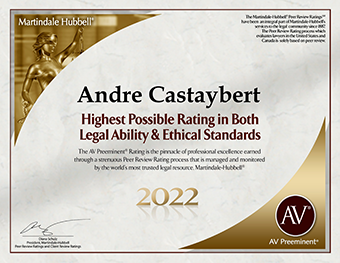April 08, 2021- Another copyright case has been decided in favor of fair use. In Lawrence Marano v. The Metropolitan Museum of Art, the Second Circuit sided with the Metropolitan Museum of Art (the Met), holding that the museum’s use of Marano’s 1982 photograph of Eddie Van Halen playing his “Frankenstein” guitar on its website as part of an exhibit of rock n’ roll instruments was fair use. The fair use copyright exception is a context specific inquiry; in this instance, the Court focused on the “transformative” nature of the Met’s use of the photo. The transformation included: “foregrounding the instrument rather than the performer” and including other photos and accompanying text.
ArtNet’s Taylor Dafoe shared a statement from a Met Attorney, Linda Steinman, who said “The Second Circuit’s decision in the Marano case is an important one recognizing that museums, as cultural institutions, have the freedom to use photographs that are historical artifacts to enrich their presentation of art objects to the public,” further that “The mission of the Met and all museums… is to provide the public with access to art—and this important decision protects, indeed strengthens, this important societal role.”
Find full article here.
Find full decision here.
Learn how CASTAYBERT PLLC can assist you with Intellectual Property Law needs here.







